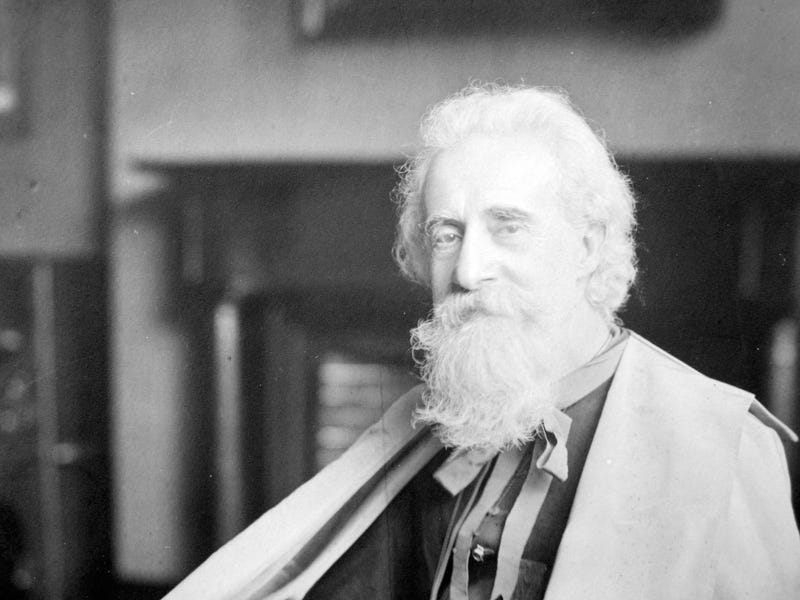Join me today to meet a martyr who defied the KGB.

Name: Prince Vladimir Ghika, or Ghica
Life: 1873- 1954
Status: Blessed
Feast: May 16
Join me today to meet a martyr who defied the KGB.

Name: Prince Vladimir Ghika, or Ghica
Life: 1873- 1954
Status: Blessed
Feast: May 16